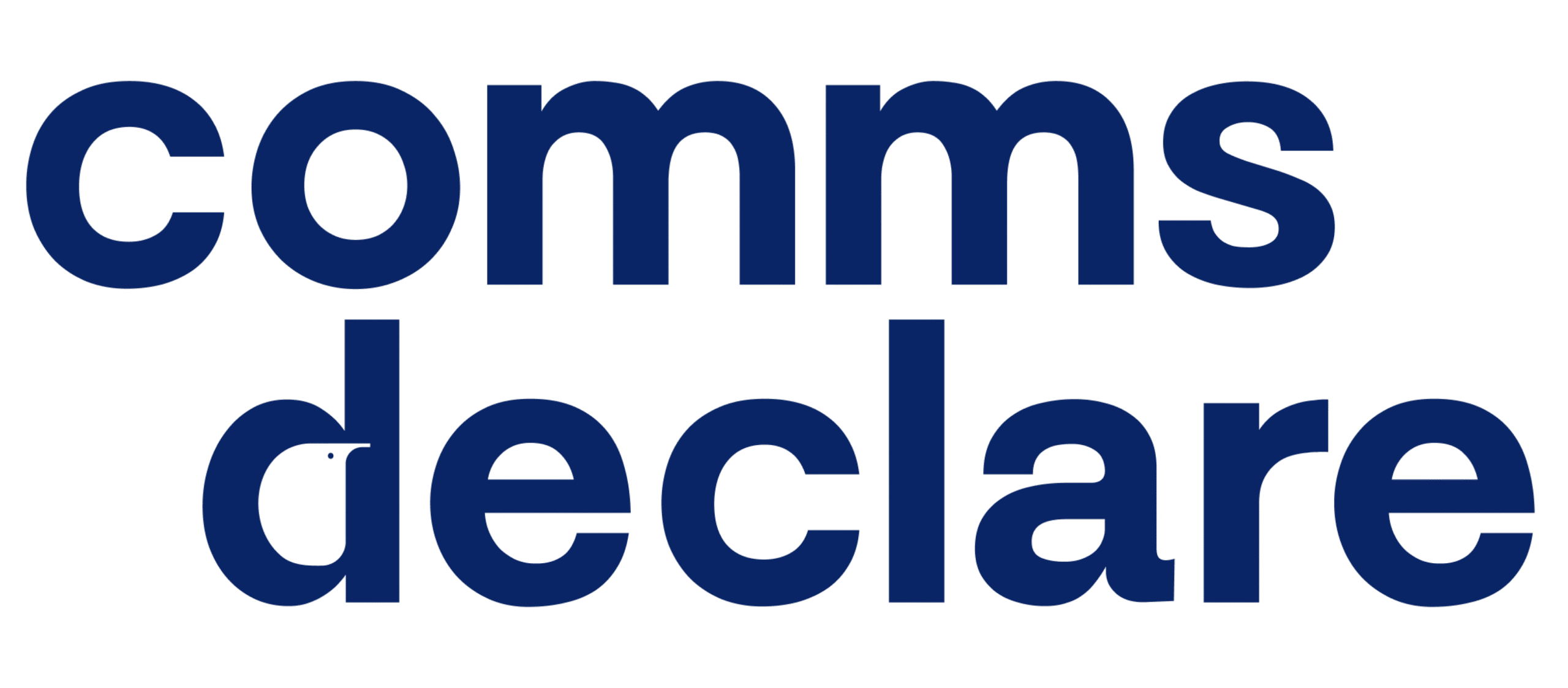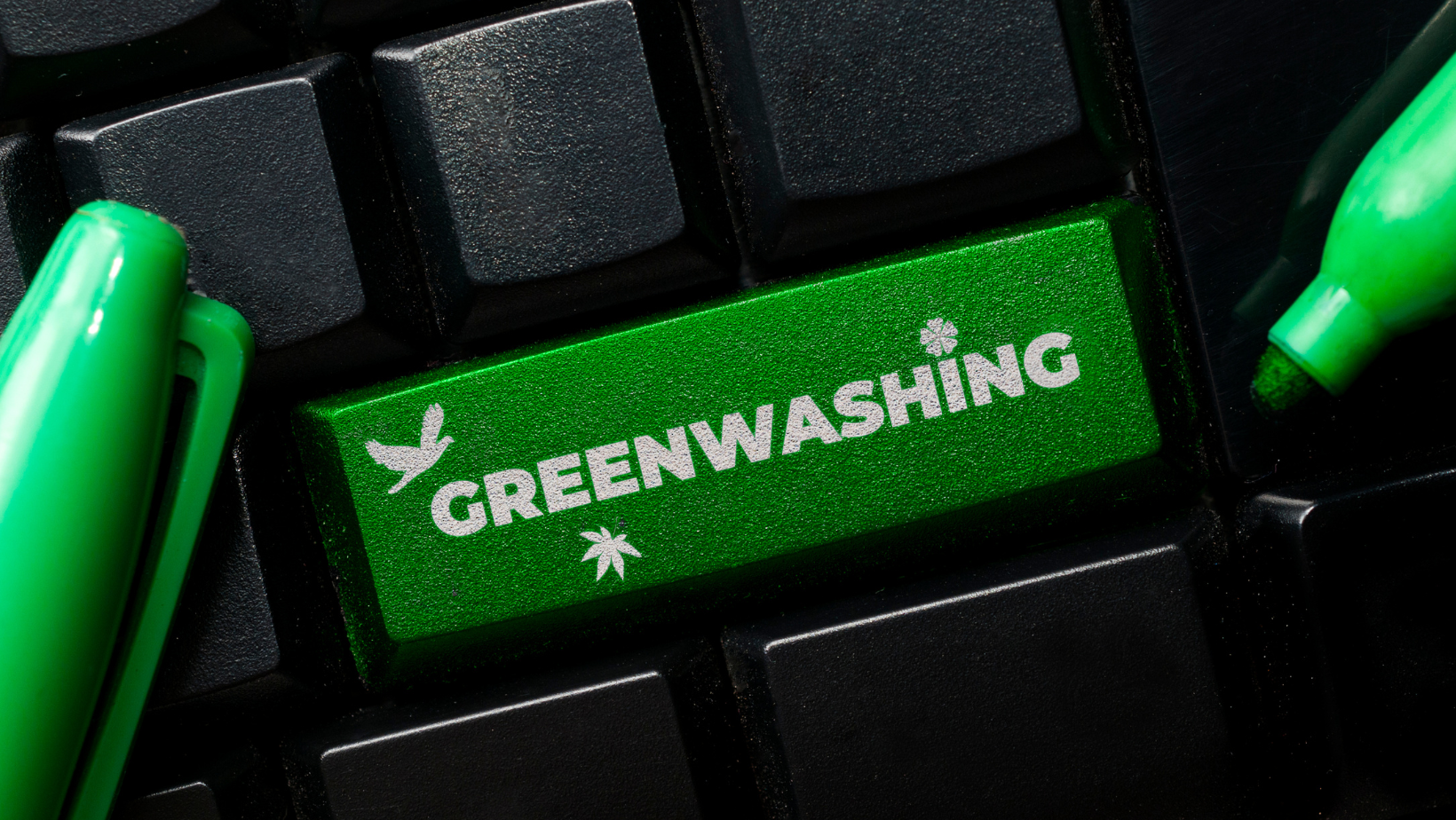Introduction
Thank you for the opportunity to make a submission on the Exposure Draft Environmental Claims Code.
We note that the new Code is designed to be in line with:
- changing technical and community standards;
- Australian Consumer Law and ACCC guidance;
- international best-practice.
On behalf of our members who wish to see genuine environmental gains and the end to the promotion of activities that are damaging our climate, we strongly support the below improvements to the Code.
- Definition of an Environmental Claim is expanded to include businesses and whole industries as well as images and graphics.
- Says environmental claims must be supported by evidence.
- Notes that leaving out important information is misleading.
- Says small print cannot conflict with overall claim.
- Broad claims should not be used without qualification.
- Warning high emissions industries, such as fossil fuels, against making broad environmental claims, noting the ‘overall environmental detriment of these industries’.
- Says ‘aspirational targets’ need to be clear and achievable with realistic and verifiable plans.
In order to achieve the aims of the review we ask you to also consider the below additional improvements.
Changing technical and community standards
Since your review began, peer reviewed science has found that carbon offsetting does not significantly reduce greenhouse gas emissions. Media investigations found that more than 90% of rainforest offsets provided by the largest certifier were worthless. In NSW, the Independent Pricing & Regulatory Tribunal (IPART) is recommending that an offsets policy be phased out because sufficient offsets could not be found at the scale required to be effective.
Similarly Carbon Capture and Storage (CCS) is increasingly being revealed as an impossible and expensive dream designed to delay climate action and siphon funds away from real climate solutions such as renewables. The world’s largest CCS project in Western Australia, costing $3.2 billion, is a failure, capturing less than 30% of the 80% of emissions it promised after seven years.
Similarly there are grave doubts about the effectiveness of other technological and accounting ‘fixes’ to reduce emissions including; carbon removal, direct air capture, direct ocean capture, blue carbon, carbon storage, bio fuels, carbon banking, carbon farming.
Therefore, we suggest ‘5 Future Claims’ be strengthened to stop any ‘lower emissions’ or ‘net zero’ claims being made based on offsets, carbon accounting schemes or technology that may exist but is not proven or is insufficient to remove all the carbon created. Advertisers should not be able to pretend, based on wishful thinking, that future technologies excuse their current (and often growing) methane and carbon emissions.
In addition, the provision in the Draft that advertisers have to correct or update future promises, will not stop the public being deceived unless they are advertised at the same rate and magnitude of the original claim. For example, the Draft does not stop a large, national advertising campaign about ‘net zero’ based solely on carbon offsets, followed by an update hidden on a website when it doesn’t work. This is another reason to stop such claims in the first place.
International Best Practice
If adopted in its current form, the Draft Code will soon fall short of international best practice.
Greenwashing is already banned in the EU but new laws are stopping more specific claims. These laws are expected to transform the sustainability advertising landscape, both in the EU and outside, as companies will be selling into the EU, the world’s largest trading bloc.
The new legislation relates to public advertising claims as part of the EU’s New Consumer Agenda policy, the finalised new directive ‘Empowering Consumers for the Green Transition’ (‘ECGT), and the proposed ‘Green Claims Directive’ (‘GCD’).
The ECGT will prohibit nearly all ‘vague’ claims and certain kinds of common green claims. Under the ECGT, future goal claims are banned unless they are ‘real’, not ‘cosmetic’. The company has to have objective/verifiable commitments/targets and a detailed and realistic implementation plan, backed by a budget. The ECGT bans all claims about carbon ‘offset’ products (carbon-neutral flights, carbon-positive gas supply, CO2-compensated car fuel). The ECGT also states that environmental labels must come from proper certification schemes and no ‘cherry picking’ of small projects or facts is allowed.
In addition, under the current text of the GCD, reliance on ‘offsetting’ to deliver future goals is off the table, except for ‘residual emissions’ left (i.e. in 2050) once all feasible emissions reductions (generally 90-95% of base year emissions) are completed. The current text of the GCD also requires traders to have all green claims ‘verified’ by an independent verifier as meeting minimum requirements before publication. This will effectively stamp out all but a few environmental claims.
Conclusion
If Australian companies are going to be at the front of the clean economy curve, instead of the back, the AANA should consider these additional rules below. Failure to adopt these now, means when new EU laws come into effect, another review of the Code will be required.
- Evidence
All environmental accreditations should be from a government-certified scheme.
All emissions reductions or climate claims should be backed by publicly available, verifiable and budgeted plans consistent with the Paris Agreement.
Independent specialists should adjudicate on all contested climate or emissions claims, or verify the claims before publication. - Clear and not vague
No vague environmental claims should be allowed, in words or imagery. - Genuine benefit, not insignificant
No cherry picking of small environmental wins when the whole product, business or industry damages the environment. - Future Claims
No ‘net zero’, ‘carbon neutral’ or ‘carbon positive’ or emissions reduction claims can be based on offsets, carbon accounting or contested/future technologies.
Thank you again for your increased emphasis on stamping out greenwashing and for updating the Environmental Claims Code.
MAKE YOUR SUBMISSION to aanasubmissions@aana.com.au by 5pm on Friday 22 March, 2024

